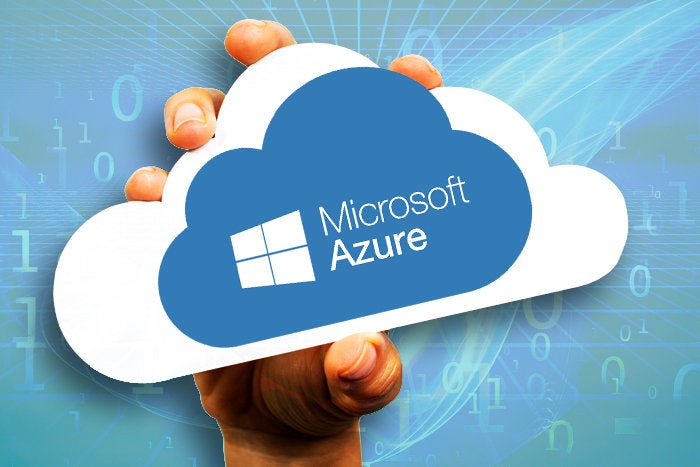- How AI coding agents could destroy open source software
- These Bluetooth trackers are louder and more durable than Apple AirTags - and they're on sale
- Why I recommend this budget Lenovo ThinkPad over laptops that cost twice the price
- AI agents make great teammates, but don't let them code alone - here's why
- Java at 30: How a language designed for a failed gadget became a global powerhouse
Microsoft Azure launches DDoS IP protection for SMBs

Microsoft is extending the Azure DDoS Protection family with a new product focusing on small and medium-size businesses (SMBs). The product, DDoS IP Protection for SMBs, was announced at Microsoft’s Ignite conference and is now in public preview.
DDoS IP Protection for SMBs is designed to provide enterprise-grade DDoS (distributed denial of service) protection at a price that’s attractive to SMBs, Microsoft said. With the new product, Microsoft’s Azure DDoS Protection family now has two programs, DDoS IP Protection for SMBs and DDoS Network Protection for enterprises.
DDoS protection for SMBs
The DDoS IP protection for SMBs can be used to protect even a single public IP address. It delivers the same services that larger organizations use, Microsoft said.
The new product can help companies defend against L3/L4 DDoS attacks with always-on monitoring and adaptive tuning designed to ensure the application is always protected. This also ensures that all customers using Public IPs on Azure are protected.
L3/L4 attacks represent volumetric levels of DDoS attacks. L3 is an attack on the network infrastructure and L4 is an attack on the transport layer infrastructure of the company.
The new product offers traffic monitoring, automatic attack mitigation, integration with the firewall manager, mitigation reports and flow logs, the Azure Sentinel data connector, and workbooks.
The enterprise version of the product includes cost protection, a web application firewall discount, and DDoS rapid response support—which are not available in the SMB grade.
SMBs can enable IP Protection through the Azure preview portal or via PowerShell.
Azure DDoS Protection integrates with other Azure services for real-time alerts, metrics, and insights.
The product comes at a fixed cost of $199 per month for each public IP resource protected, with no additional variable costs. Billing for IP Protection will be effective starting on February 1, 2023.
Azure Firewall Basic also targets SMBs
Microsoft has been expanding its security offering for SMBs. Last month at Ignite, Microsoft also announced Azure Firewall Basic, designed to deliver enterprise-grade network firewalls to SMBs. It’s a cloud-native firewall that offers built-in availability and cloud scalability to protect the resources within a company’s virtual network, the comany said.
The product provides SMBs network firewall capabilities, like L3-L7 filtering of East-West and North-South traffic with built-in threat intelligence to block malicious traffic.
Azure firewall integrates with other Azure services like Microsoft Sentinel and Microsoft Defender for Cloud and helps gain more visibility into the environment and identify and respond to threats quickly, the company said.
With two introductions aiming at SMBs, it appears that Azure is targeting the small and medium-size company sector more aggressively.
“These two new products for SMB customers enterprise-grade network firewall and DDoS protection at a lower price point. By deploying Azure Firewall Basic and enabling DDoS IP protection on the firewall’s public IP, customers can benefit from both services,” the company said in a blog.
DDoS attacks increase
DDoS attacks are one of the biggest security concerns for applications in the cloud and are increasing in complexity and frequency, based on evolving challenges in the cybersecurity landscape. All companies, including SMBs, are affected by the recent increase in DDoS attacks.
The second most used form of cyberattack was DDoS last year, according to the European Union Agency for Cybersecurity. Meanwhile, the largest DDoS attack ever was launched in Europe in July 2022 against a European customer of Akamai that was using its Prolexic platform. The attack hit a peak at 853.7Gbps and 659.6Mpps (megapackets per second) over 14 hours.
Research by Kaspersky showed that DDoS attacks rose by almost 50% (47.87%) during the third quarter of this year, compared to the third quarter of last year. The cybersecurity firm’s DDoS Intelligence system detected 57,116 DDoS attacks in the third quarter this year.
Copyright © 2022 IDG Communications, Inc.

